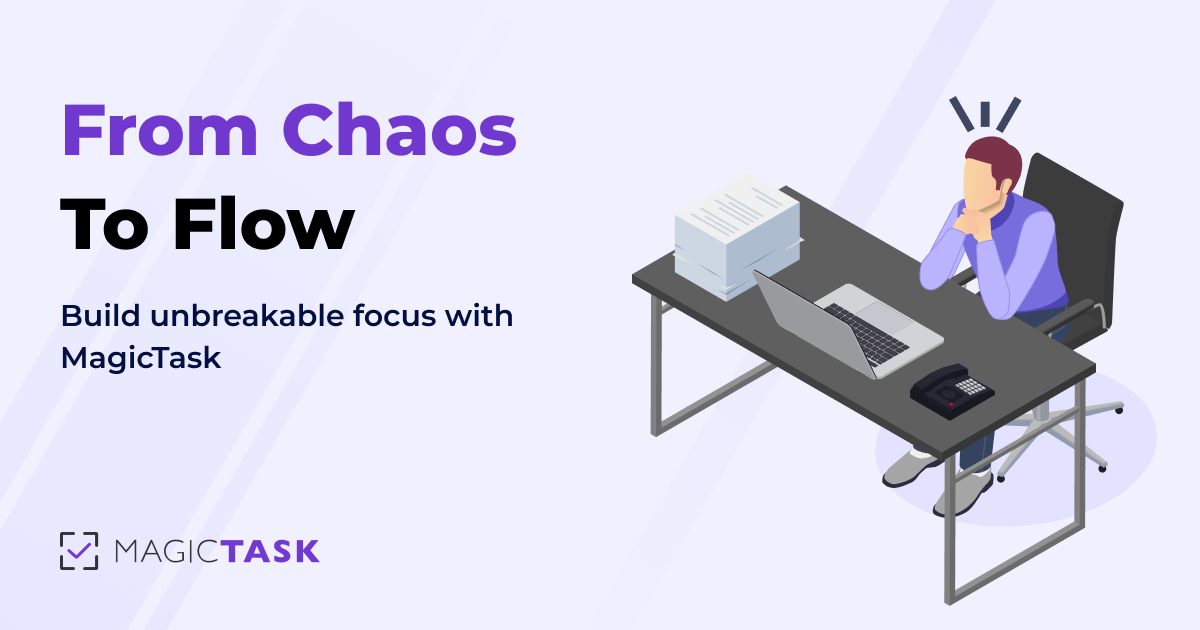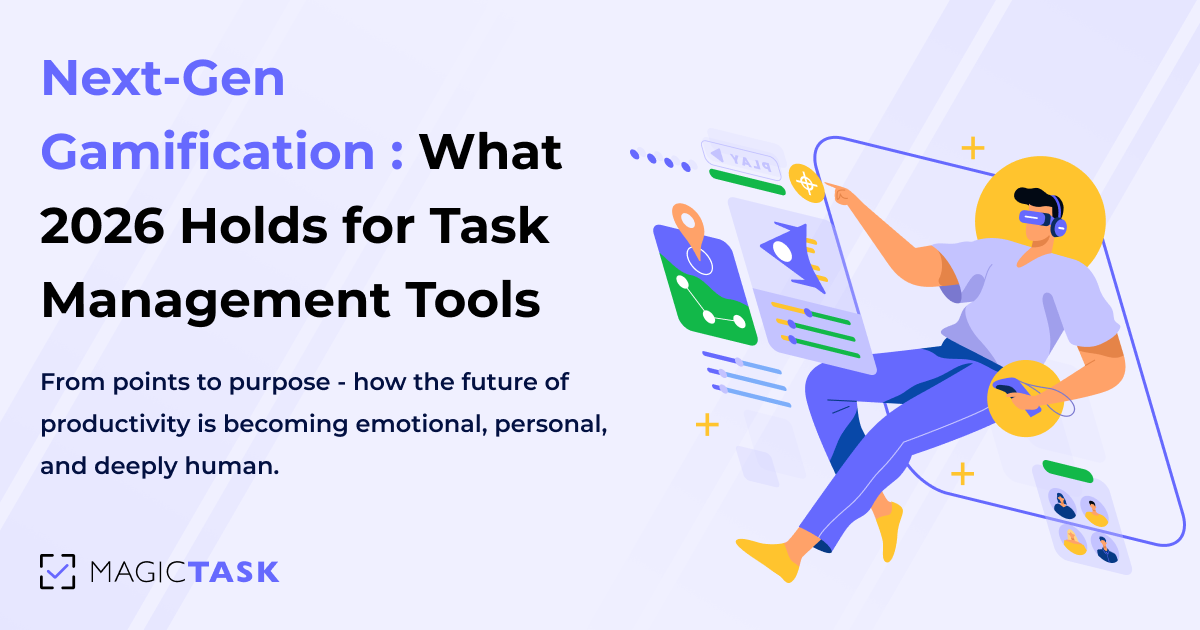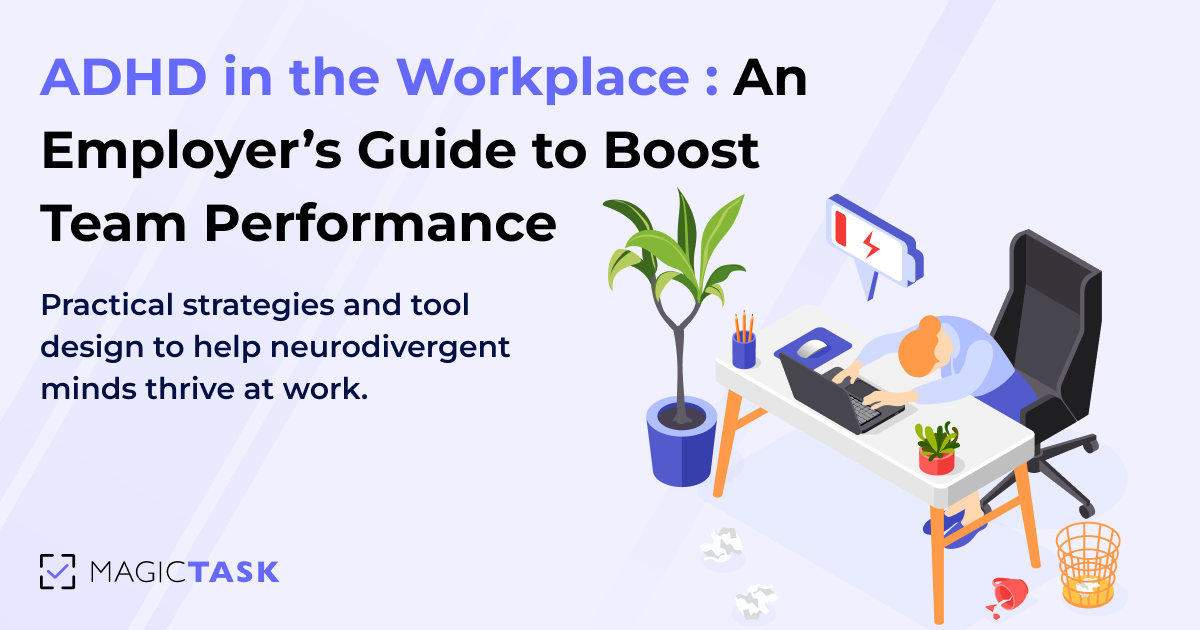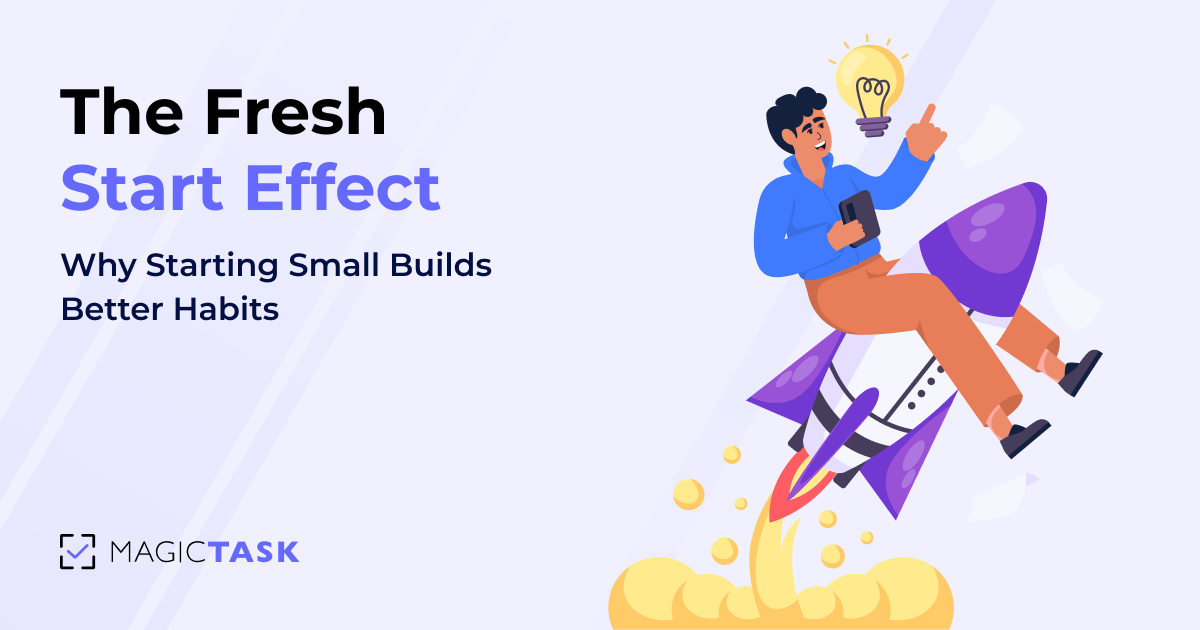How to Work Like a Gamer: Turning Productivity into an Addictive Game
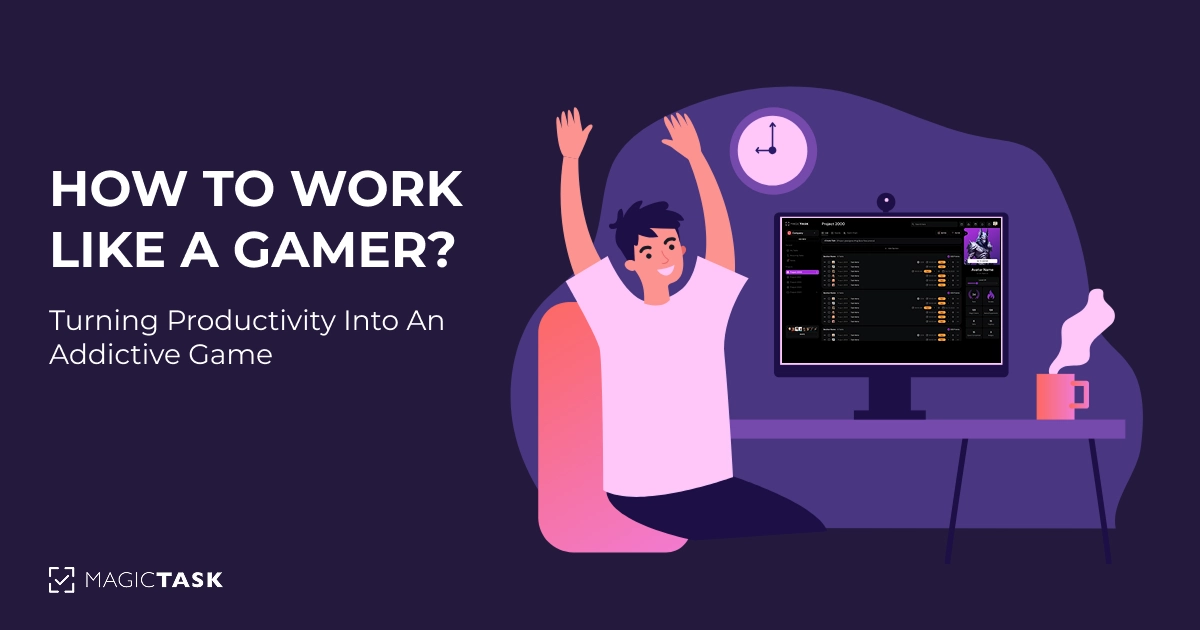
Have you wondered why the same person who dreads endless emails can lose themselves in a video game for hours?
The answer is quite simple. Because games are fun, challenging, and downright rewarding. On the other hand, work often feels like a chore. In fact, only 15% of employees are truly engaged at work, which is hardly a reflection of a productive workforce.
But what if work could feel like a game? What if you could turn your daily tasks into quests, complete with rewards and that addictive sense of progress?
In this post, we’ll show you how to work like a gamer—so work stops feeling like a grind and starts feeling like a game worth winning.
Let's start.
Why Games Are So Addictive (And Work Isn’t)?
To understand why games captivate us while work is just “work,” let's take a quick look at a classic study with mice.
One group gets a piece of cheese handed to them on a silver platter, while another has to solve a puzzle to earn the same treat. The puzzle-solving mice experience a powerful dopamine surge—the very chemical that fuels our drive for achievement.
The other group will never feel the urge to solve a puzzle to get cheese because they know it will be handed to them no matter what.
This isn’t just a fun anecdote. It reveals why our brains crave rewards after work and why so many workplaces feel unrewarding by comparison.
That’s the real difference: games give us what work often doesn’t.
Let’s break down what makes games so engaging and where work often falls short.
1. Instant Rewards
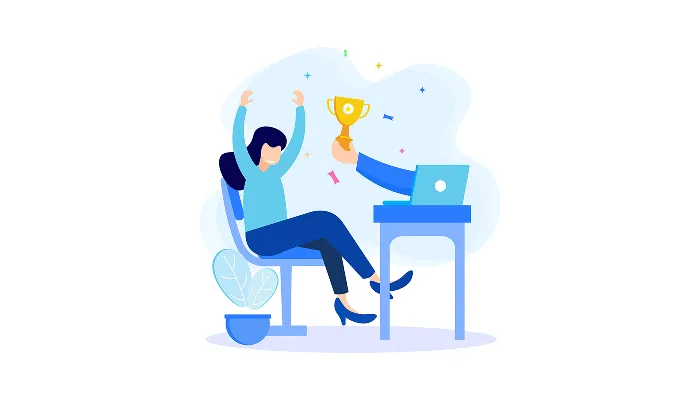
When you’re playing games, every action is instantly celebrated, whether it’s earning experience points, leveling up, or collecting loot.
Imagine this in a work setting: picture yourself submitting a report, then waiting days or even weeks for a simple nod of approval from management.
Instead of the immediate burst of feedback you’d get in a game, you’re left in limbo, wondering if your effort was even noticed.
But instant gratification isn’t the only thing games do right. They also make sure you always know where you stand.
2. Clear Progression
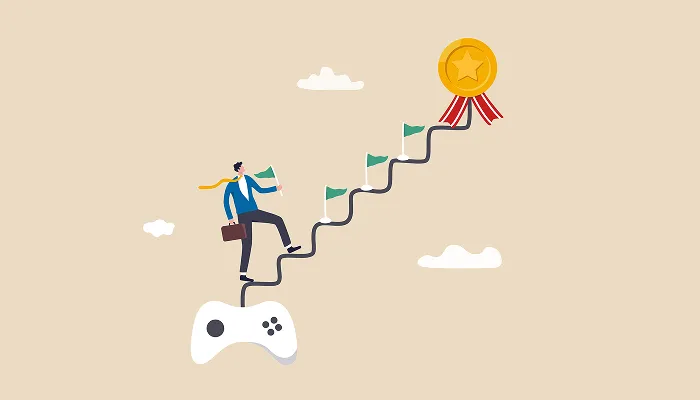
Games make progress obvious—whether it’s a level-up, a progress bar, or a completed mission, you always know exactly where you stand. That constant feedback keeps you motivated and moving forward.
Now, compare that to a typical work project. You might have deadlines for concept approval, prototyping, and testing, but without clear checkpoints in between, it can all blur together.
One minute you're deep in creative work, the next, you're blindsided by a deadline. Without defined milestones, it's hard to know how far you’ve come or how much is left.
That’s why structure matters. Clear progress keeps you focused, on track, and actually excited to reach the next stage.
3. Just the Right Challenge
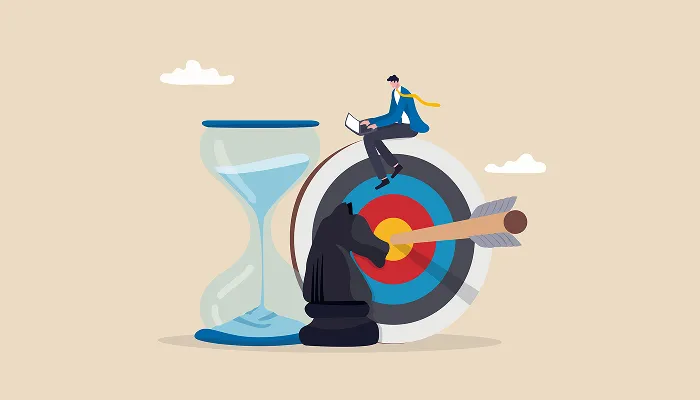
Games hit the sweet spot by balancing difficulty with your skill level. They’re not so easy that you get bored, nor so hard that you feel defeated. This balance keeps you engaged and eager to tackle the next challenge.
Now, think about your workday. Are your tasks pushing you just enough to stay focused and interested? Or are you drowning in data, emails, and meetings that feel either mindless or totally unmanageable?
The key is finding that middle ground. Whether you're tackling a big project, managing a team, or launching something new, the work should stretch your skills without sending you into stress mode.
If it constantly feels like too much or too little, it might be time to rethink how you structure your workload.
4. Fun & Competition
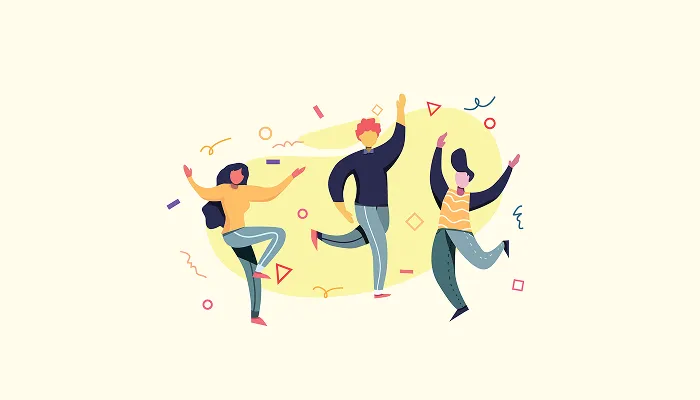
Know that feeling you get when you’re on the leaderboard, leaving all the other competitors to weep at your victory? That’s precisely the feeling that games give you. They tap into your natural desire for competition and recognition. It’s a constant, friendly push to be better than you were yesterday.
It should be the same for work. Healthy competition can motivate you to perform just a tad better than the other person beside your desk.
A recent survey shows that 63% of workers believe competition has made them more productive. With deadlines looming, that visual achievement display spurs everyone to work with greater focus and accuracy.
The best part of games is that failure isn’t the end of the road.
5. No Fear of Failure
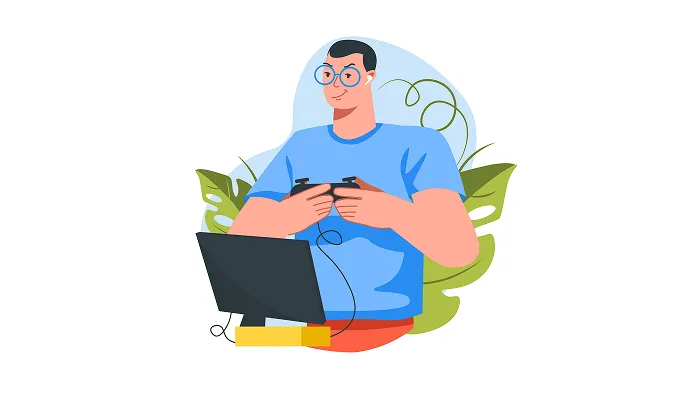
In the gaming world, failing is just another step toward mastery. The safety net of being able to try again without real-world consequences removes the fear of failure and encourages experimentation.
That’s precisely why gamification works.
Most people will choose a system that rewards effort, tracks progress, and makes work feel engaging rather than just another obligation.
How to Make Work Feel Like a Game?
So, how do you bring that same sense of progress, challenge, and reward into your workday?
It all starts with the right tool. Something that replaces dull task trackers with a system that actually makes you want to get things done.
1. Find a Gamified Task Management System
A great game runs on a great engine. And when it comes to productivity, your task management system is that engine.
Traditional to-do lists may help you stay organized, but they rarely inspire action. They’re static, uninspiring, and easy to ignore. What you need instead is a tool that turns every task into something you actually want to complete.
That’s where gamified task management comes in.
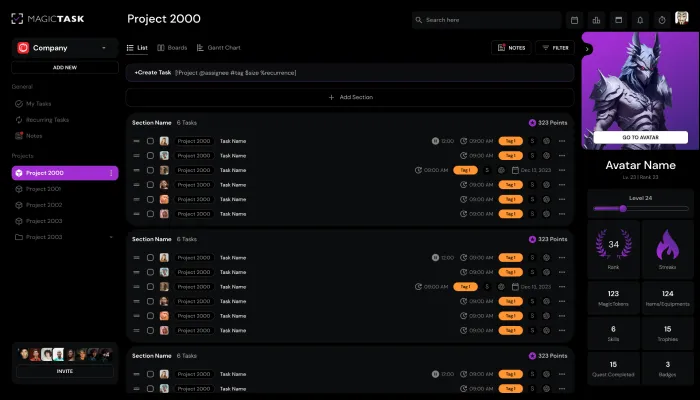
These systems bring game-like mechanics into your daily workflow. Here’s what that looks like:
- Instant Feedback when you complete a task, giving you a quick sense of progress and momentum.
- Clear goals or tasks view, tasks broken into achievable steps so you always know what’s next.
- Built-in Motivation through rewards, visuals, and unlockable elements/features that keep things feeling fresh.
- Friendly Competition using leaderboards or point systems to encourage consistent effort and team-wide focus.
With tools like MagicTask, every click feels like progress, every milestone is acknowledged, and your workload becomes more than just a list—it becomes a game you’re excited to play.
2. Set Mini-Challenges for Yourself
Rather than viewing big projects as an insurmountable mountain, see them as a series of smaller, exciting challenges that build momentum with every step.
Instead of staring down a never-ending to-do list, break your work into mini-challenges with clear targets.
For example, if you have a significant report to write, set a mini-challenge to finish the research section by Tuesday, draft the outline by Wednesday, and complete the first full draft by Friday. Each mini-challenge becomes a win on its own.
MagicTask makes this approach easy.
You can add a main task—say, “Complete Quarterly Report”—and then break it down into subtasks like “Gather Data,” “Draft Analysis,” and “Finalize Presentation.”
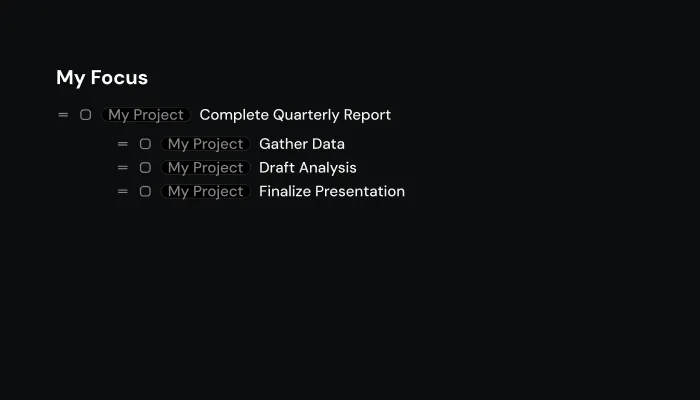
Each subtask can have its due date. This way, every tick off your list becomes a mini celebration, keeping you motivated throughout the day.
3. Turn Tasks into Quests
Why simply 'write a report' when you can declare, 'Complete mission: Q4 Growth Report'?
It's a slight shift in language that transforms a mundane task into an epic quest.
MagicTask fuels this mindset shift by letting you rename your tasks and infuse them with purpose. Every time you complete a mission, the platform rewards you with vibrant themes and playful animations.
It’s like little nods that say, “You did that, and it matters.” It’s like unlocking a new level in a game, where the journey becomes the reward.
4. Track Your Wins Like Achievements
Every completed task should feel like a small win, not just another checkbox ticked off.
With MagicTask, those wins are celebrated visually, giving you the same kind of recognition you’d get from unlocking an achievement in a game.
Here’s how that might look in action:
- Inbox Zero Victory: Clear out your inbox, and you’re rewarded with a quick, celebratory animation that marks your focus and momentum.
- Project Triumph: Finish a major project and earn enough points to unlock a new feature or theme. It’s a visual reminder of real progress.
- Mini-Challenge Milestone: Even the small stuff matters. Complete a tiny task and get a satisfying pop-up to keep your energy going.
MagicTask makes sure every win counts and reminds you that each completed task is a step toward mastering your day.
5. Make Failure Feel Like a Respawn, Not a Game Over
Picture yourself immersed in your favorite game. You lose a level—bam! But instead of quitting, you hit "respawn." You regroup, adjust your strategy, and dive back in better than before.
That’s the magic of gaming. Failure isn’t the end. It’s just part of the path to mastery.
Now imagine if your work operated the same way. What if a missed deadline or a rough draft wasn’t a setback but just a signal to recalibrate and try again?
With MagicTask, it’s easy to iterate and improve. You can revisit tasks, adjust timelines, and stay flexible without losing momentum. The system is built to support learning and forward movement—not punishment for missteps.
Every stumble becomes a step forward. Just like in a game, you don’t lose—you learn. And that mindset shift turns every misfire into momentum for your next big win.
Conclusion: Work Smarter, Not Harder (Like a Gamer!)
Are you ready to break free from the grind? MagicTask turns your workday into a high-stakes adventure, keeping you on your game.
With MagicTask, every task becomes a win. Each deadline transforms into a clear milestone; every setback is just another opportunity to level up. Instead of waiting for distant approvals, you'll celebrate instant victories.
Try MagicTask today and experience how work can become an exciting, rewarding journey.
